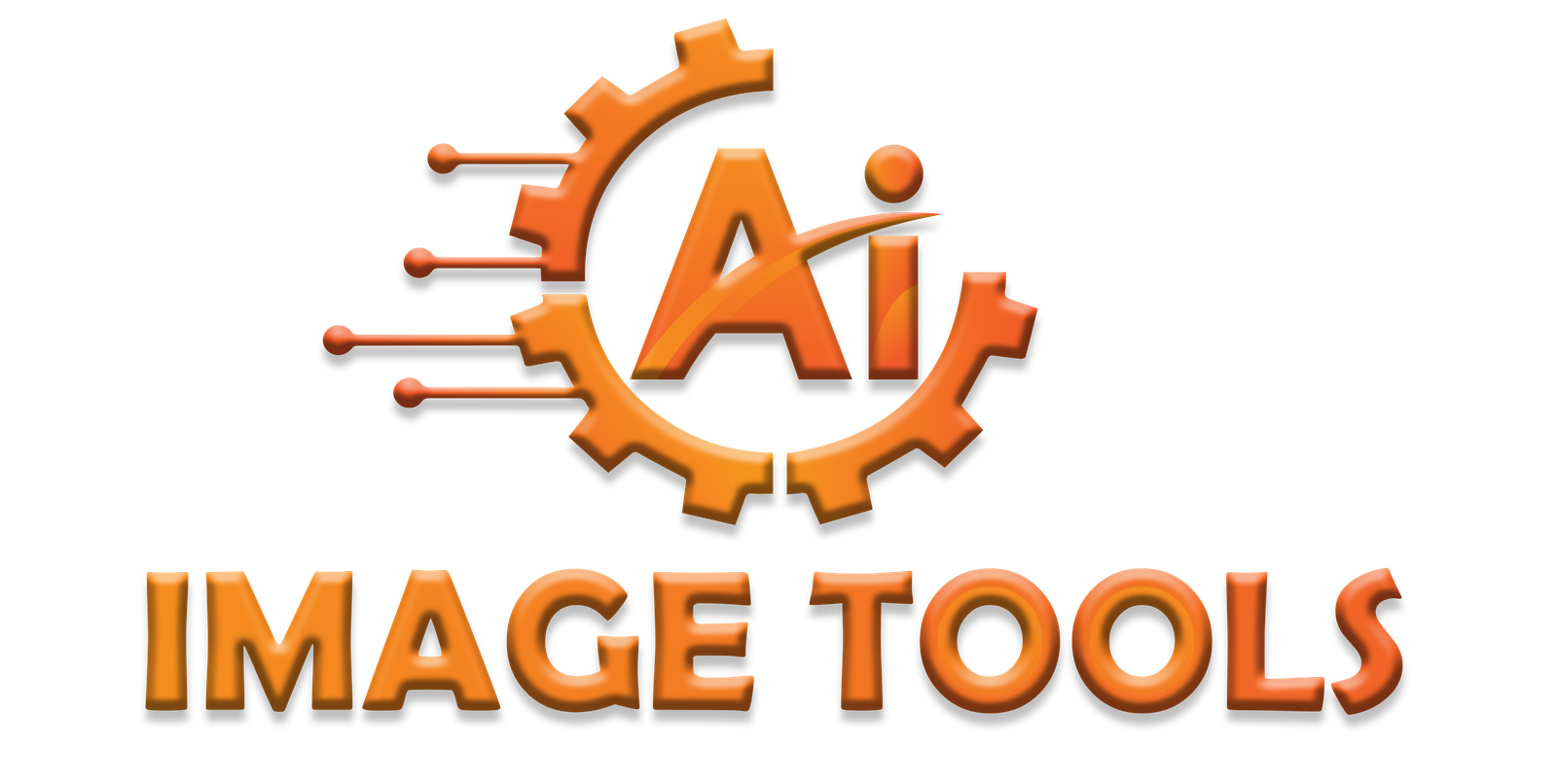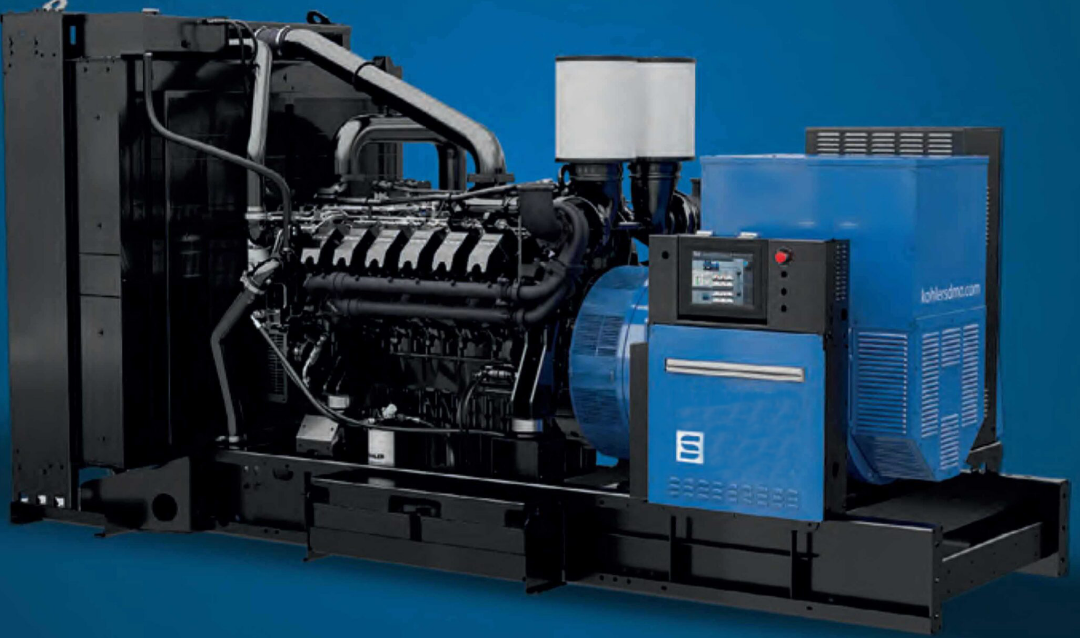A diesel-powered generator is a reliable and efficient source of backup power. It uses diesel fuel to generate electricity during power outages or in off-grid locations. In addition to being a cost-effective option, diesel generators are known for their durability and long-running capabilities. When it comes to finding a reliable and efficient source of backup power, a diesel-powered generator is a top choice. These generators use diesel fuel to generate electricity during power outages or in off-grid locations.
Known for their durability and long-running capabilities, diesel generators are a cost-effective option for ensuring continuous power supply. Whether for residential, commercial, or industrial use, these generators provide a reliable solution for backup power needs.
Diesel Powered Generator
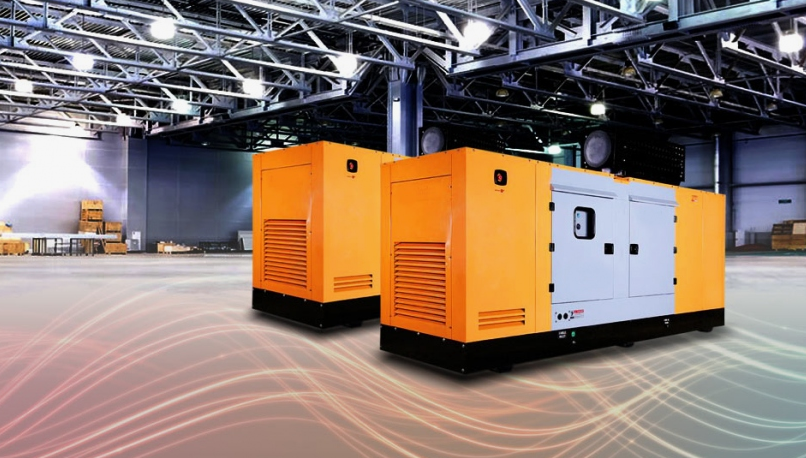
How Does A Diesel-Powered Generator Work?
A diesel-powered generator is a type of generator that uses diesel fuel to generate electricity. It is commonly used in situations where a reliable and continuous power supply is needed, such as in industrial settings, construction sites, and during power outages. In this blog post, we will explore how a diesel-powered generator works and the key components involved in its operation.
Combustion Process- Diesel Powered Generator
The combustion process in a diesel-powered generator is the heart of its operation. It starts with the injection of diesel fuel into the combustion chamber. The fuel mixes with compressed air, which is created by the piston as it moves upward in the cylinder. Once the air-fuel mixture is compressed, it is ignited by the heat of the compression. This ignition causes the fuel to burn, releasing energy in the form of hot gases. The expanding gases push the piston downward, creating mechanical energy that is converted into electrical energy by the generator.
Key components involved in the combustion process include:
- Combustion chamber: Where the fuel and air mixture is ignited.
- Piston: Moves up and down in the cylinder to compress the air-fuel mixture and convert the mechanical energy into electrical energy.
- Injector: Injects the diesel fuel into the combustion chamber.
Fuel Supply- Diesel Powered Generator
The fuel supply is an essential aspect of a diesel-powered generator. It ensures a continuous and sufficient fuel source for the combustion process. Diesel fuel is stored in a fuel tank and is drawn into the generator through a fuel line. The fuel is then filtered to remove any impurities that could potentially damage the generator. From the filter, the fuel is delivered to the injector, where it is sprayed into the combustion chamber. A fuel pump is responsible for maintaining the proper pressure to ensure the fuel is delivered efficiently.
Key components involved in the fuel supply include:
- Fuel tank: Stores the diesel fuel.
- Fuel line: Transfers the fuel from the tank to the generator.
- Fuel filter: Removes impurities from the fuel.
- Fuel pump: Maintains the proper pressure for fuel delivery.
Generator Function
The generator function of a diesel-powered generator is to convert the mechanical energy produced by the combustion process into electrical energy. This is achieved through the use of an alternator, which consists of a rotor and a stator. The rotor is connected to the engine and rotates as the engine runs. This rotation generates a magnetic field. The stator, on the other hand, contains a set of stationary coils that surround the rotor. As the rotor spins, it induces an electrical current in the coils of the stator, producing electricity.
Key components involved in the generator function include:
- Alternator: Converts mechanical energy into electrical energy.
- Rotor: Connected to the engine and rotates to generate a magnetic field.
- Stator: Contains stationary coils that induce an electrical current as the rotor spins.
Advantages of Diesel-Powered Generators
Diesel-powered generators are widely used for various applications due to their efficiency, durability, and fuel availability. In this blog post, we will explore the advantages of diesel-powered generators in detail.
Efficiency
Diesel generators are highly efficient, providing optimal power output for extended periods. They are designed to operate continuously without frequent maintenance, making them ideal for long–term power generation.
Durability
Diesel-powered generators are known for their robust construction and resilience to heavy usage. They have a longer lifespan compared to other types of generators, making them a reliable power source for various industries.
Fuel Availability
Diesel fuel is widely available across the globe, ensuring easy accessibility for refueling diesel generators. This makes them suitable for remote locations and areas with limited access to other fuel types.
Applications of Diesel-Powered Generators
Diesel Powered Generators are versatile machines that find applications in various settings. This blog post explores the different applications of Diesel Powered Generators.
Residential Use
Diesel Powered Generators are commonly used in residential settings to provide backup power during outages. They are reliable and can sustain power for extended periods, ensuring homes have electricity for essential appliances like refrigerators, lights, and heating systems.
Commercial Use
Businesses utilize Diesel Powered Generators as a backup power source to prevent disruptions during power failures. They are crucial for maintaining operations in retail stores, hospitals, and offices where uninterrupted power is vital.
Industrial Use
Industries rely on Diesel Powered Generators for their robust performance and ability to handle heavy loads. They are used in sectors such as manufacturing, construction, and mining to power machinery and equipment, ensuring continuous operations.
Factors To Consider When Choosing A Diesel Powered Generator
A diesel-powered generator is a reliable and efficient source of backup power. Choosing the right generator for your needs involves considering several factors. In this article, we’ll discuss some of the important factors to consider when choosing a diesel-powered generator.
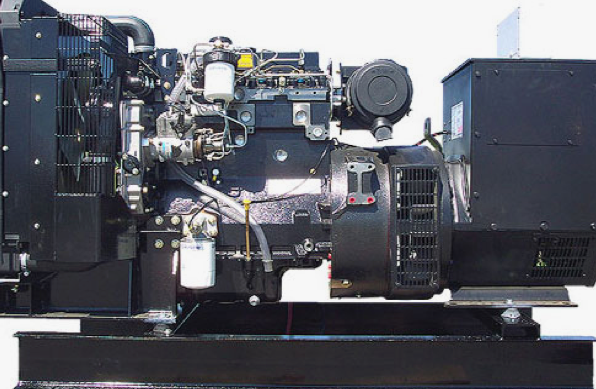
Power Output
The power output of a diesel generator is an important consideration. It is crucial to determine the amount of power you need based on your usage. A generator with a higher power output will be able to handle more appliances and equipment. However, it will also consume more fuel. Consider the peak and continuous power output of the generator. Also, ensure that the generator has enough outlets to support your equipment. Here are some other things to keep in mind:
- Calculate the total power requirement of your appliances and equipment.
- Choose a generator with a power output that is at least 20% higher than your requirement.
- Consider the voltage and frequency output of the generator.
- Check the efficiency rating of the generator to ensure maximum fuel efficiency.
Noise Level
The noise level of a diesel generator is an important consideration, especially if you plan to use it in a residential area. Noise levels are measured in decibels (dB). A generator with a higher dB rating will be louder. Here are some things to keep in mind:
- Check the manufacturer’s specifications for the noise level of the generator.
- Consider the distance between the generator and your home or other buildings.
- Invest in a generator with a noise-reducing enclosure.
- Consider the time of day you will be using the generator and any noise restrictions in your area.
Maintenance Requirements
Like all equipment, diesel generators require regular maintenance to ensure optimal performance and longevity. Here are some things to keep in mind:
| Factor | Considerations |
|---|---|
| Oil Changes | Check the recommended oil change frequency and ensure you have the necessary supplies. |
| Filters | Check the recommended filter replacement schedule and ensure you have the necessary supplies. |
| Battery | Check the battery regularly and replace it when necessary. |
| Fuel | Ensure that the fuel is clean and free of contaminants. Drain the fuel tank and lines if the generator will not be used for an extended period. |
| General Inspection | Perform a general inspection of the generator regularly to identify any issues before they become major problems. |
Maintenance and Care For Diesel Powered Generators
Diesel-powered generators are essential for providing backup power in various settings. Proper maintenance and care are crucial to ensure their reliable performance. This article will discuss the key aspects of maintaining and caring for diesel-powered generators.
Regular Inspections
Regular inspections are vital to identify any potential issues with the generator. Inspect the overall condition of the generator, including the engine, fuel system, and electrical components. Additionally, check for any leaks, corrosion, or worn-out parts. It’s important to adhere to the manufacturer’s recommended inspection schedule to ensure the generator’s optimal functionality.
Fuel Quality
The quality of fuel directly impacts the performance of a diesel generator. Ensure that the fuel is clean, free from contaminants, and meets the required specifications. Regularly test the fuel for water accumulation and consider using fuel stabilizers to prevent degradation. Proper fuel storage is also essential to maintain fuel quality and prevent any contamination.
Fluid Levels
Maintaining optimal fluid levels is crucial for the efficient operation of diesel generators. Regularly check and top up engine oil, coolant, and fuel as per the manufacturer’s recommendations. Monitor fluid levels to prevent any potential damage to the generator components due to inadequate lubrication or cooling. Implement a routine maintenance schedule to ensure consistent monitoring and maintenance of fluid levels.
Common Issues and Troubleshooting
One of the most common issues with diesel-powered generators is starting problems. Several factors can contribute to this issue, such as a faulty battery, fuel supply problems, or a malfunctioning starter motor. To troubleshoot starting problems, you can follow these steps:
- Check the battery and ensure it has enough charge. If necessary, replace the battery.
- Inspect the fuel supply system for any blockages or leaks. Clean or repair the system as needed.
- Test the starter motor by checking the connections and ensuring it is receiving power. Replace the starter motor if necessary.
- If the generator still doesn’t start, it is recommended to consult a professional technician for further diagnosis and repair.
Overheating
Another common issue with diesel-powered generators is overheating. This can be caused by a variety of factors, such as a malfunctioning cooling system, low coolant levels, or a clogged radiator. To troubleshoot overheating issues, you can try the following:
- Check the coolant levels and top up if necessary. Ensure the coolant mixture is appropriate for the temperature conditions.
- Inspect the cooling system for any leaks or blockages. Repair or replace any damaged components.
- Clean the radiator and ensure there is proper airflow around it. Remove any debris or obstructions.
- If the generator continues to overheat, it is recommended to contact a professional technician for further evaluation and repair.
Fuel Efficiency
Fuel efficiency is an important aspect to consider when it comes to diesel-powered generators. Poor fuel efficiency can result in higher operating costs and increased environmental impact. To improve fuel efficiency, you can take the following measures:
| Tip | Description |
|---|---|
| Regular Maintenance | Ensure the generator is properly maintained, including regular oil and filter changes. This helps optimize performance and fuel efficiency. |
| Load Management | Try to operate the generator at its optimal load capacity. Running the generator at lower or higher loads than recommended can result in decreased fuel efficiency. |
| Idle Time Reduction | Avoid unnecessary idling of the generator. If the generator is not being used, it is recommended to turn it off to conserve fuel. |
| Proper Storage | When storing the generator for an extended period, ensure it is properly prepared. This includes draining the fuel tank and stabilizing the remaining fuel. |
Future Trends In Diesel-Powered Generators
Environmental Regulations
Diesel generators are evolving to meet stringent environmental regulations. Modern designs focus on reducing emissions, particularly nitrogen oxides and particulate matter. Manufacturers are implementing advanced exhaust treatment systems to comply with global emission standards.
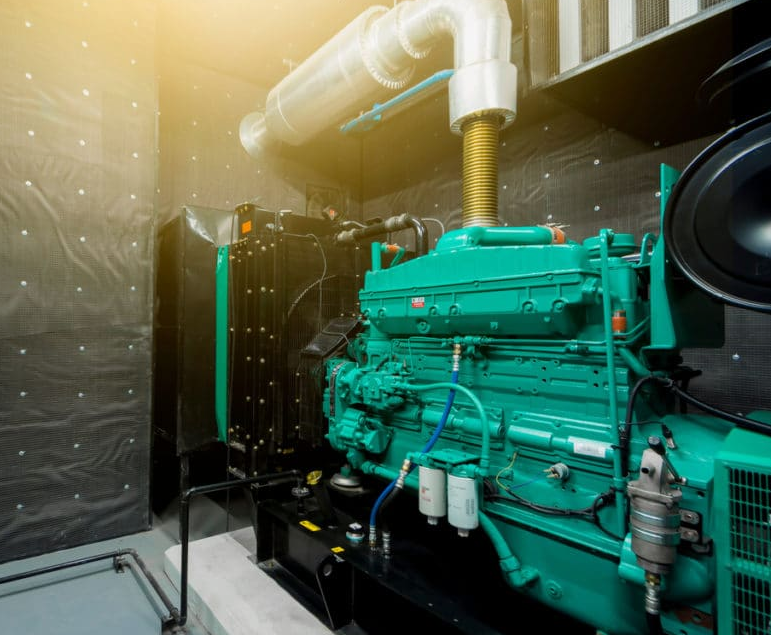
Technological Advancements
Recent advancements in diesel-powered generators include smart monitoring systems that enable remote diagnostics and predictive maintenance. Fuel efficiency has also improved through innovative engine designs and hybrid technology integration. These generators are becoming more reliable and environmentally friendly.
Conclusion
Diesel-powered generators offer reliable and efficient backup power solutions for various needs. With a wide range of options available in the market, it’s essential to choose one that suits your requirements and budget. Consider factors like power output, portability, and fuel efficiency when selecting a diesel generator. Make an informed decision for an uninterrupted power supply.
